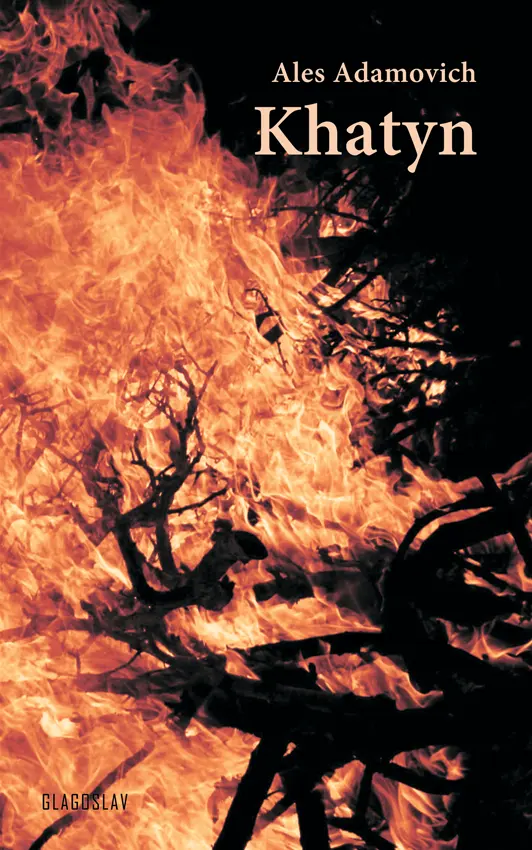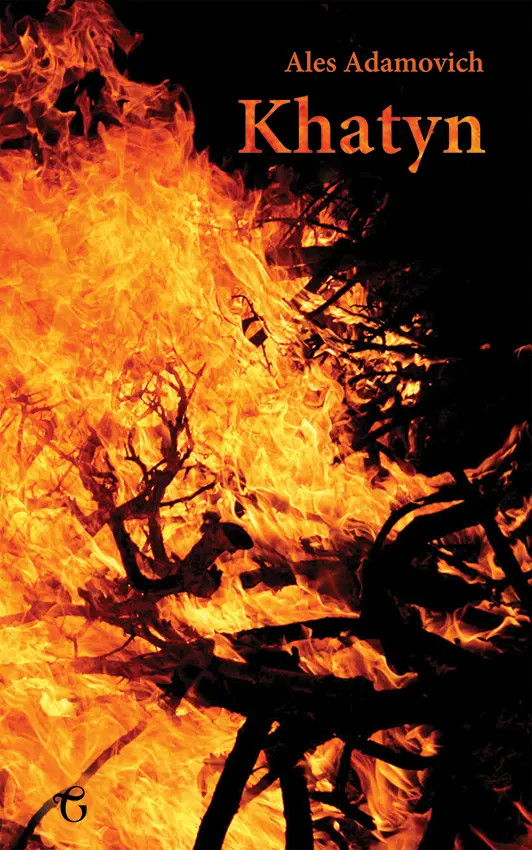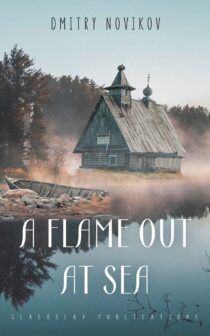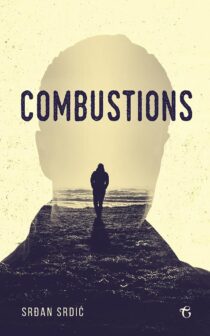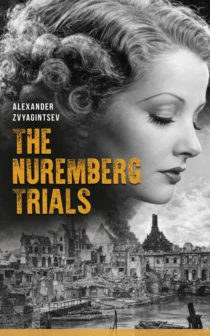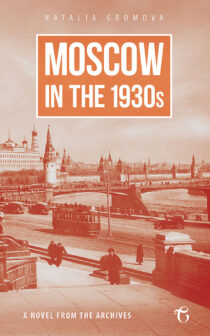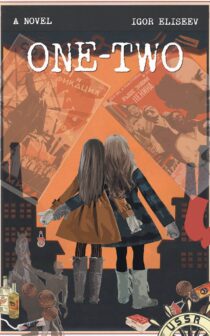Khatyn
Price range: €9.95 through €28.99
Author: Ales Adamovych
Translators: Glenys Kozlov, Franes Longman and Sharon McKee
Narrated by: Warren du Plooy
It is a quiet place, with lush green grass covering the location of the former Belarusian village. A village that was burned to the ground with its inhabitants in 1943. Anyone familiar with this small corner of Eastern Europe is chilled to the bone by the events that transpired there, and the village’s name Khatyn has now come to embody a horrific national tragedy…
It is a quiet place, with lush green grass covering the location of the former Belarusian village. A village that was burned to the ground with its inhabitants in 1943. Anyone familiar with this small corner of Eastern Europe is chilled to the bone by the events that transpired there, and the village’s name Khatyn has now come to embody a horrific national tragedy. But tragedy is not all this name embodies, for it also reminds people of the tremendous courage of those who fought for the life and freedom of their country.
It is the story of this village and the events that surround its annihilation that are the focus of Ales Adamovich’s novel Khatyn, which was written on the basis of historical documents. The author, himself a World War II veteran and partisan, depicts the reality of the partisan resistance to fascism in Belarus.
The main character is a man named Florian, who in his memories returns to events that transpired some thirty years ago, when as a teenager he joined a partisan unit and met his future wife, Glasha. He witnesses how the villagers of Khatyn are burned alive as reprisal for supporting the partisan movement. The monstrous cruelty of the death squad and its commanders manifested itself in the act of punishing the entire community for the deeds of those who had helped the partisans. The village, composed mostly of the elderly and mothers with children, was locked inside a barn. After being covered with dry hay, the barn was set ablaze with the families inside.
Over half a century later, Adamovich’s story about the courage of ordinary people has not lost its immediacy. Today, the world is still marred by war crimes committed against communities of noncombatant. Khatyn is a testament to an event that must not be forgotten, and to a reality that must not be repeated.
| Dimensions | N/A |
|---|---|
| Author | Ales Adamovych |
| Pages | 330 pages – 1st Edition, 242 pages – 2nd Edition |
| Publication date | 22nd June 2012 |
| Book Format | Hardcover, Paperback, EPUB, Kindle, PDF |
Endorsements and Review Quotes
“The quiet art of Khatyn is the illumination, properly fitful and uncertain, of wartime Belarus, of the darkness of the twentieth century. The reader, like the protagonist, like the writer, cannot look away.” Timothy Snyder, Times Literary Supplement
“Still, Khatyn is an important book that deserves a place on the shelves of anyone fascinated by the history of World War II. It’s definitely not for the faint of heart, though. It’s the kind of book that gives you nightmares, and when you wake up and realize you were only dreaming, you cry for those for whom the burning agony was a reality.” Anna Horner, Diary of an Eccentric
“This book is probably not for very sensitive readers but if you think you can deal with all of the bad things in the book, it is most definitely worth the read.” A BOOKISH AFFAIR
“Adamovich is definitely a humanist. His work is not meant solely to depress or enrage us. True, we must never forget the horrors of our past, and we must be on constant guard against forces that would create new horrors (the latter point is emphasized in the novel by the Boky discussions). But in so doing we must live on as humans ourselves.” LOGOMORPHOSES BLOG
“Glagoslav Publications released a special book, a cultural heritage collectible item – Khatyn by Ales Adamovich, a classical Belorussian author who fought as a partisan during the WWII.” EYES IN MAGAZINE
“The book marries the historical events that happened alongwith the author’s own experience as a partisan during the war which results in this moving, haunting story. There are some charming scenes at the beginning, some friendship, some camaraderie, some romance, some humour. But most of the rest of the book is stark, grim, haunting and heartbreaking.” Vishy’s Blog
Steve: “Khatyn describes the genocide of Byelorussians in WW II, but as its author intended, it has universal meaning. Although it is fictional, it is very well researched and will be a valuable resource for anyone interested in WW II history.”
Crystal: “This book will make you think about things differently. It was a lot to take in and was emotional for me to read. If you like reading about WW2 and or history you will enjoy this book.”
Amanda: “Wow this book is a must read… It’s a book that will make you look at the world differently. At times it was difficult to read because we don’t want to feel or know others suffering but through this I have a different understanding of war and the feelings and emotions that we in this day and age don’t understand.”
Other publications:
About Ales Adamovich:
“…A decent and honest man, popular with his colleagues at the Cinema Institute in Moscow, for his last six years he was at the centre of Moscow’s political and cultural life.”
THE INDEPENDENT
About the movie Come and See based on the story of Khatyn:
“ The history is harrowing and the presentation is graphic; you feel it through your body as villagers are packed into a barn to be incinerated.”
THE NEW YORK TIMES
“Both exhilarating and exhausting, Come and See is not just a great war film, but a great piece of cinema per se.”
STRANGE THINGS ARE HAPPENING
